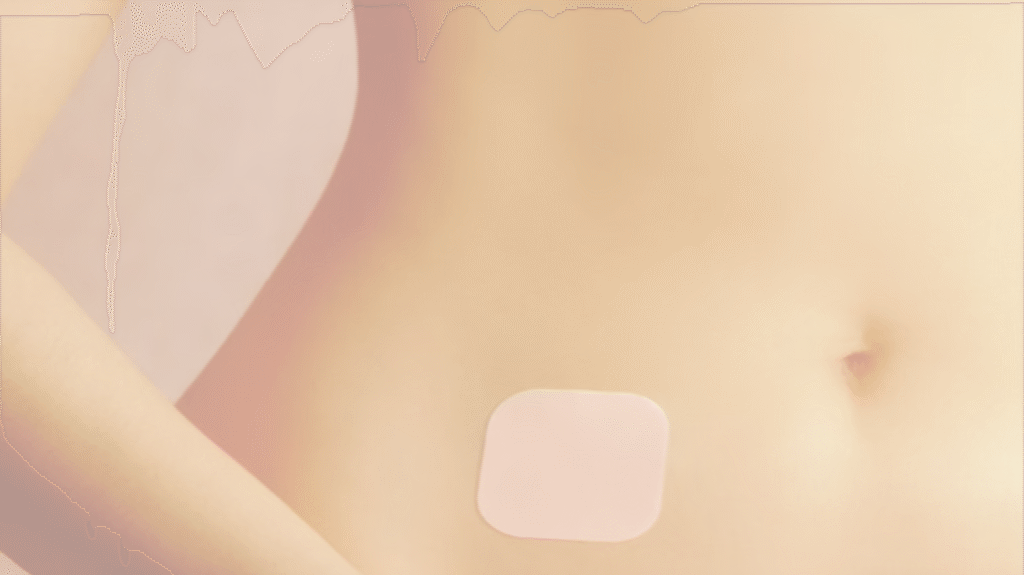Medherant is developing the testosterone TEPI® Patch, the only testosterone patch specifically formulated for women, designed to deliver the appropriate dose in an easy to use, comfortable patch.
Many women suffer from clinically significant low libido, also known as Hypoactive Sexual Desire Disorder, as a result of the menopause, affecting between 34% to 59% of women and significantly impacting their well-being and quality of life. The efficacy and safety of testosterone therapy for women has been established by the Global Consensus Position Statement and testosterone therapy is recommended by the National Institute for Health and Care Excellence (NICE,2015) if HRT alone is not effective. However, there is no testosterone patch product currently available for use by women.

Testosterone in Menopause
Both women and men naturally produce the hormone testosterone and, although women have much lower levels than men, it is just as important to their sexual health.
Current forms of menopause hormone therapy, also referred to as hormone replacement therapy (HRT), address the falls in oestrogen and progesterone that occurs through the menopause transition, but age-related decline in testosterone has been neglected.
The Global Consensus Position Statement on Testosterone Therapy for Women was established after a systematic review of many clinical studies investigating the efficacy and safety of testosterone therapy. NICE guidance also recommends that testosterone therapy be considered for treating low libido if standard HRT is not effective. Testosterone gel products are available, which typically have been developed to deliver testosterone at doses appropriate for men. However, many women would prefer the convenience of using patches to meet their testosterone therapy needs.
There is a clear unmet need for a testosterone product designed specifically for women.
The Testosterone TEPI® Patch
The testosterone TEPI® Patch is specifically formulated for women and will deliver the appropriate dose in an easy to use, twice-weekly patch. This is similar to other HRT patch products that many women are familiar with, but with Medherant’s proprietary TEPI® Patch platform, will avoid irritation and unsightly adhesive residue rings being left on the skin.
Randomised controlled studies of testosterone delivered transdermally have shown significant improvements for post-menopausal women including reducing distress associated with low libido, increasing desire and increasing satisfying sexual events.
Testosterone therapy may potentially also lead to other health benefits such as cardiovascular benefits, prevention of osteoporosis and osteoarthritis, treatment for pain associated with fibromyalgia and cognitive improvements, mental wellbeing and improved sleep associated with the menopause.
The testosterone TEPI® Patch has been shown to increase testosterone levels to the normal premenopausal range in an initial phase 1 clinical trial. Medherant will shortly be conducting its next multiple dose PK study as it progresses development towards product registration.